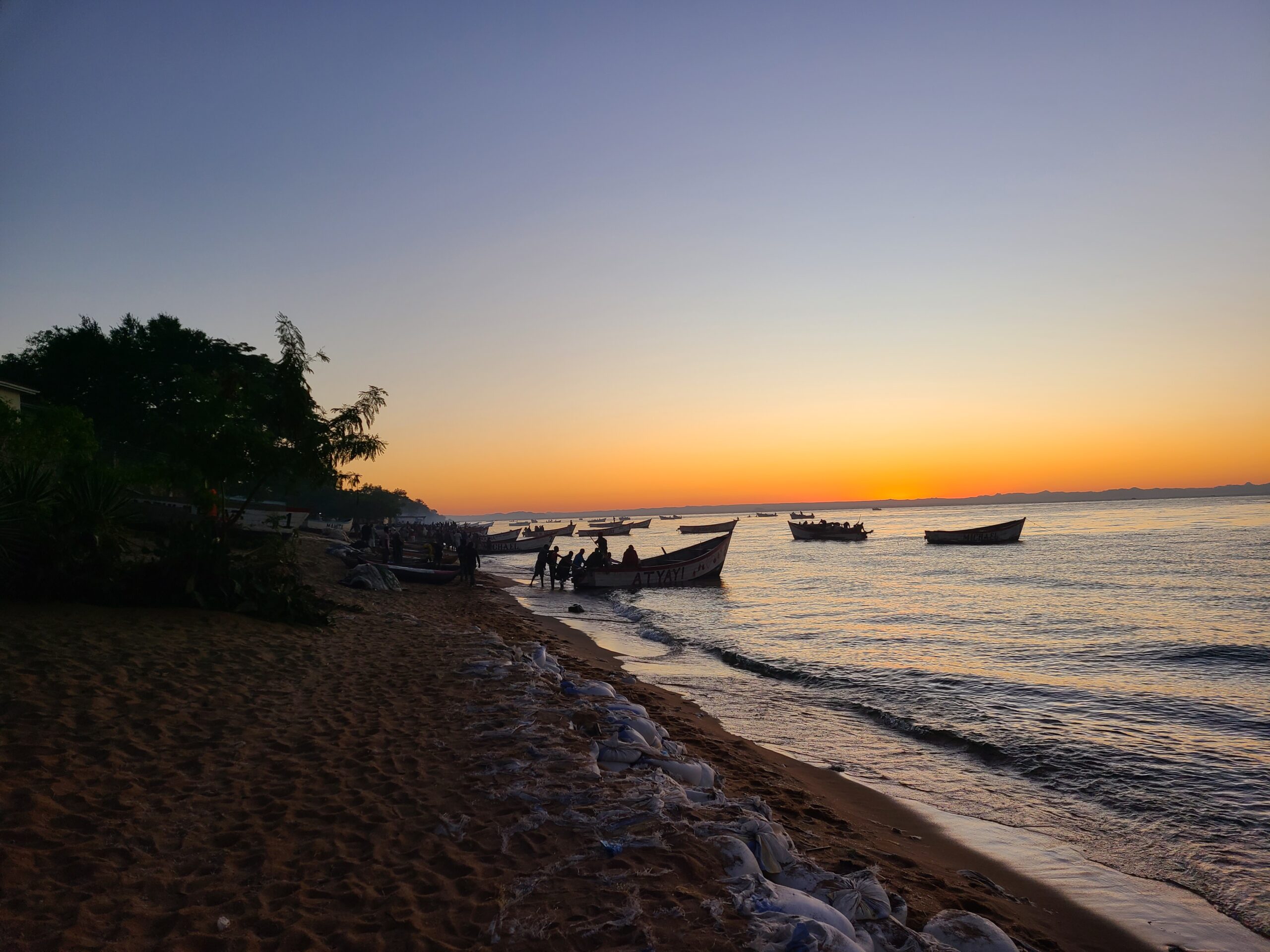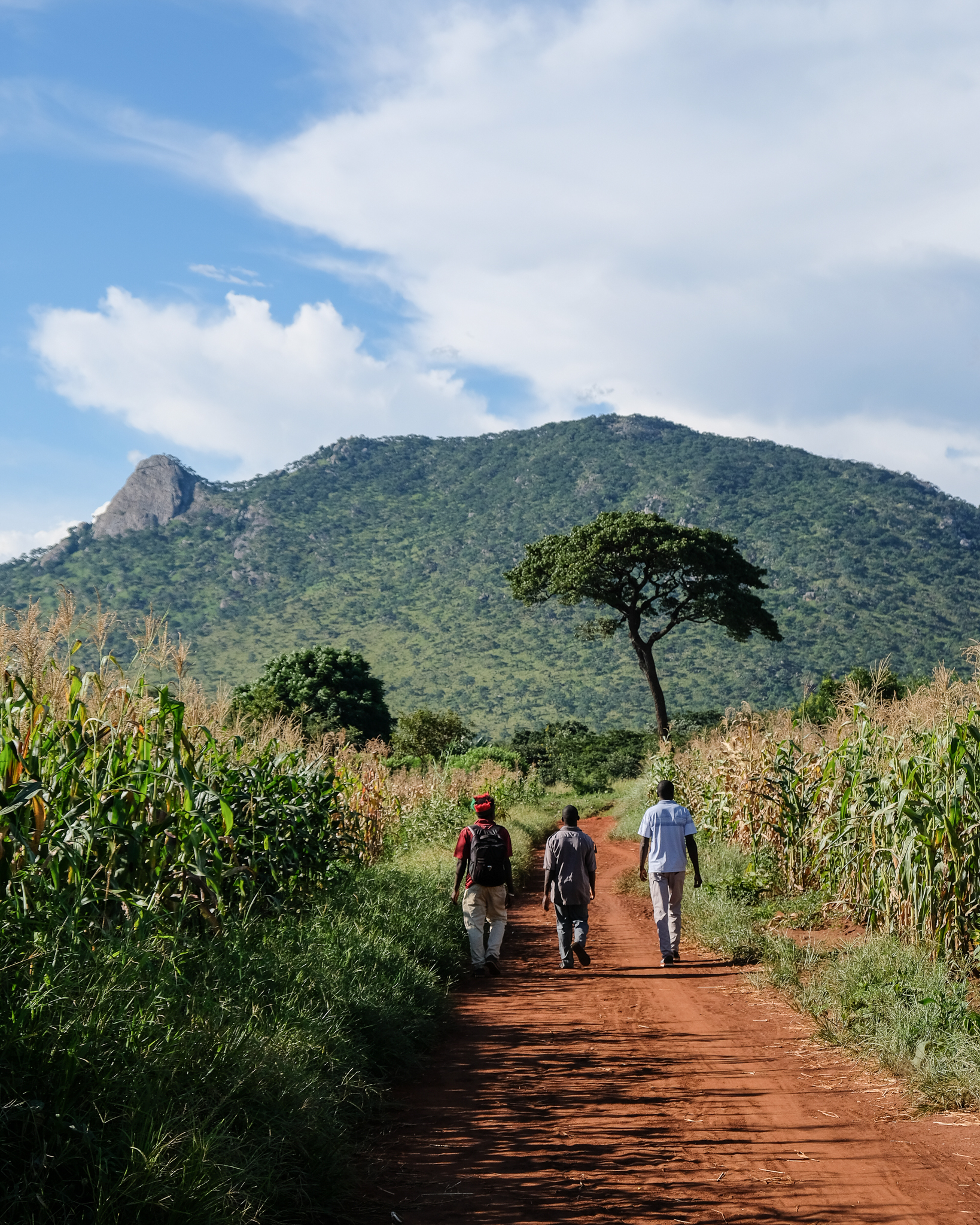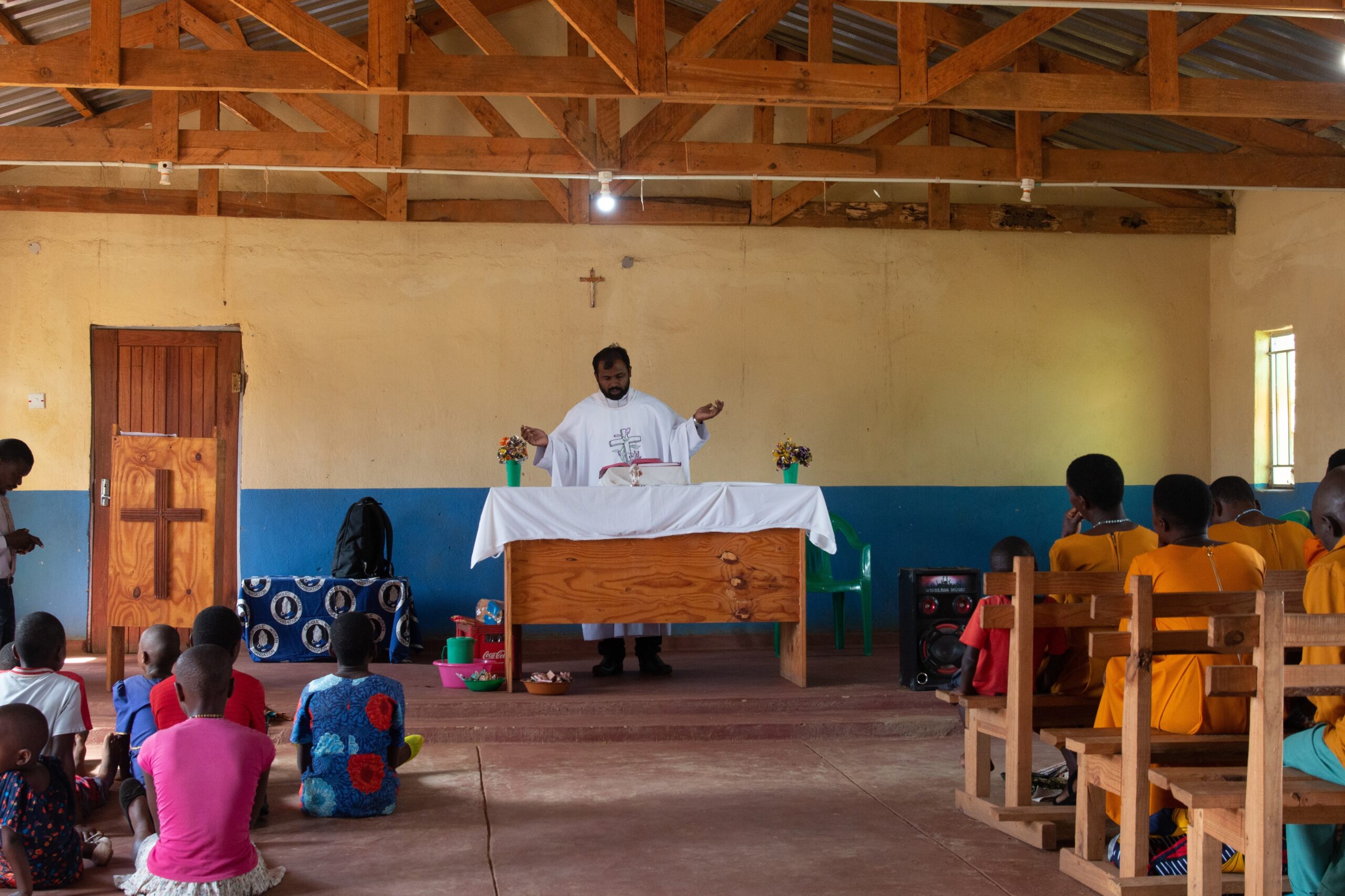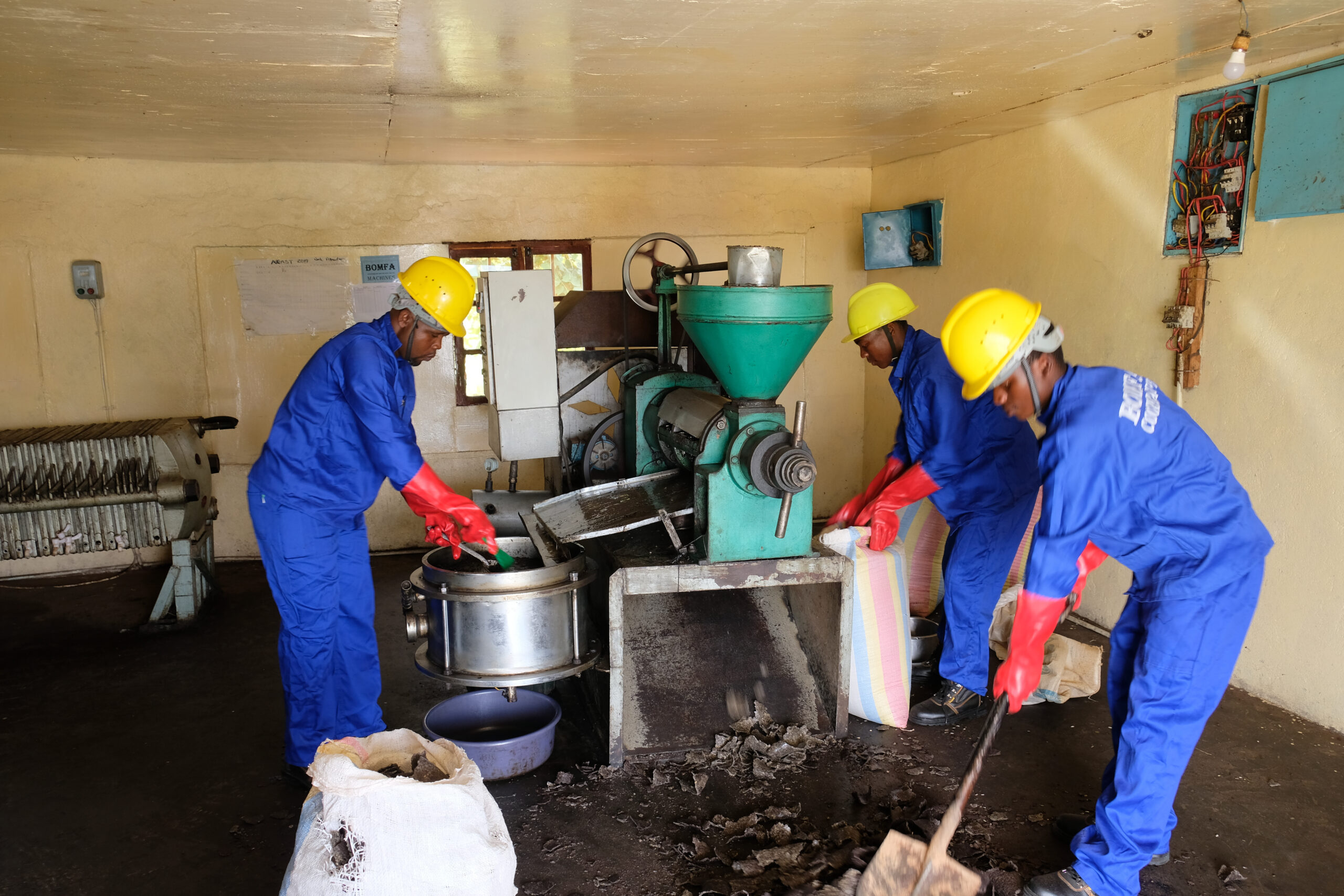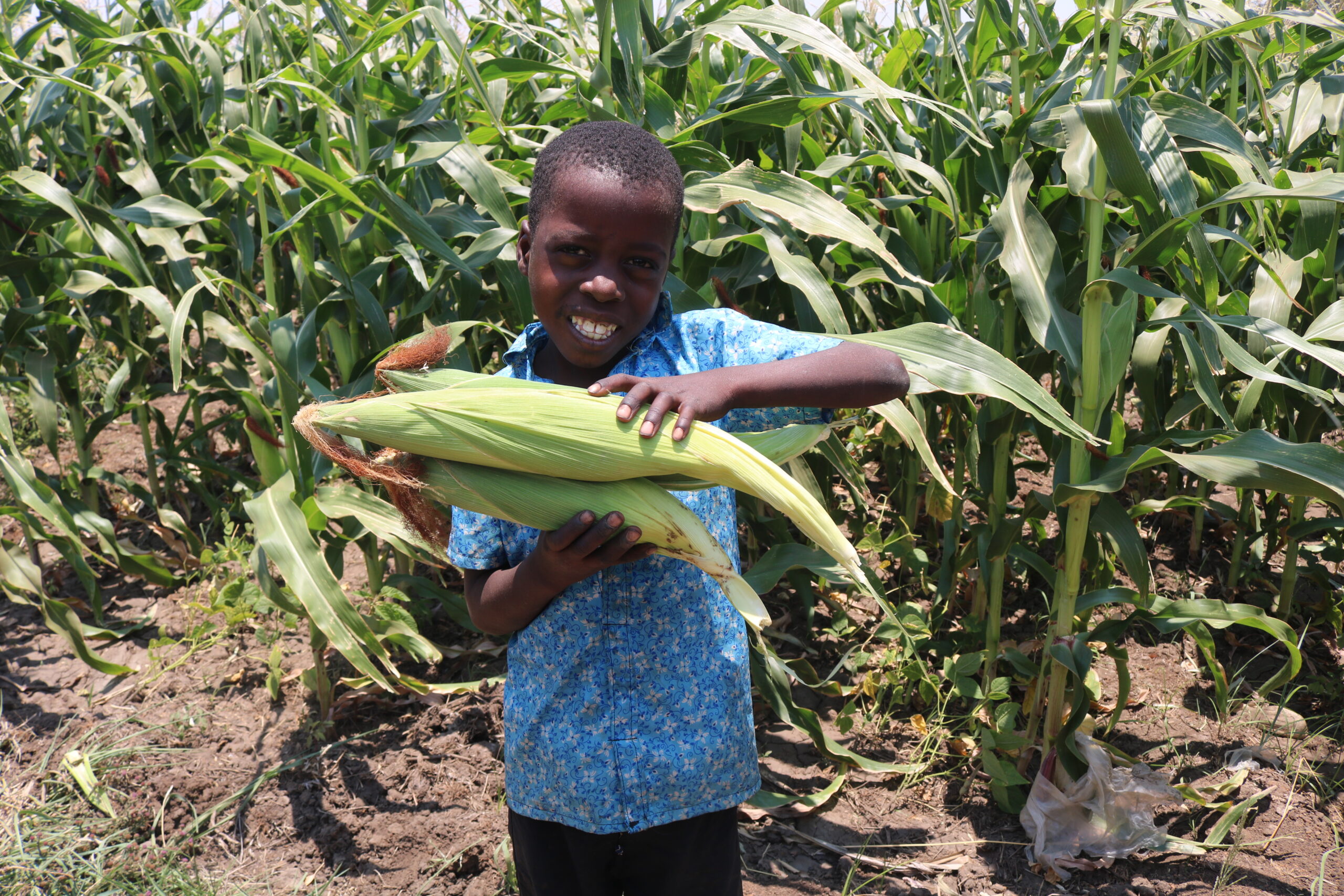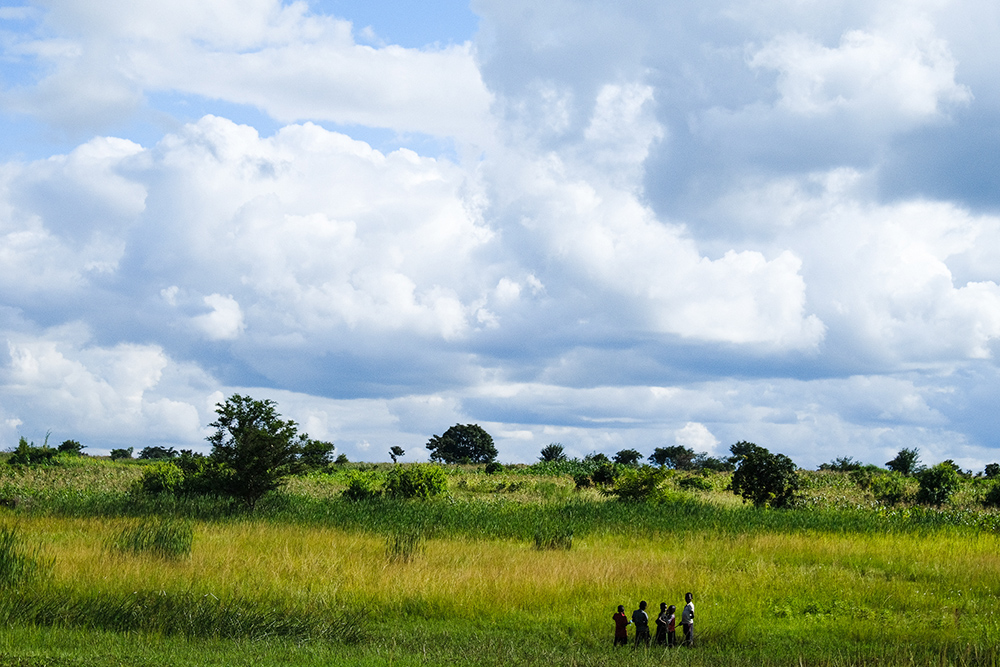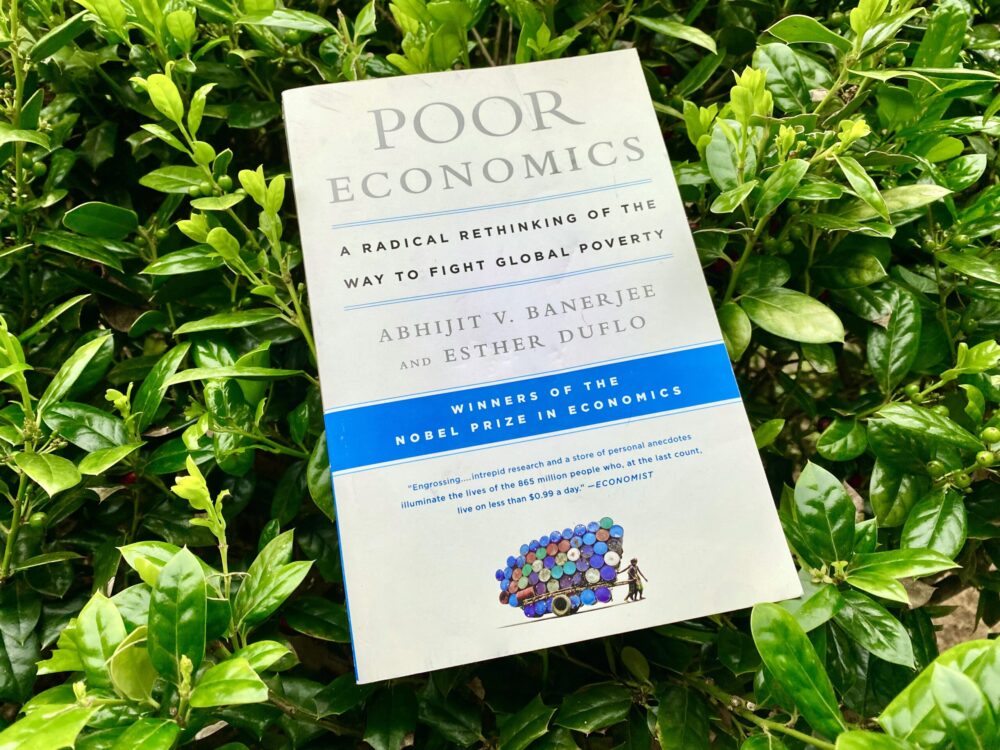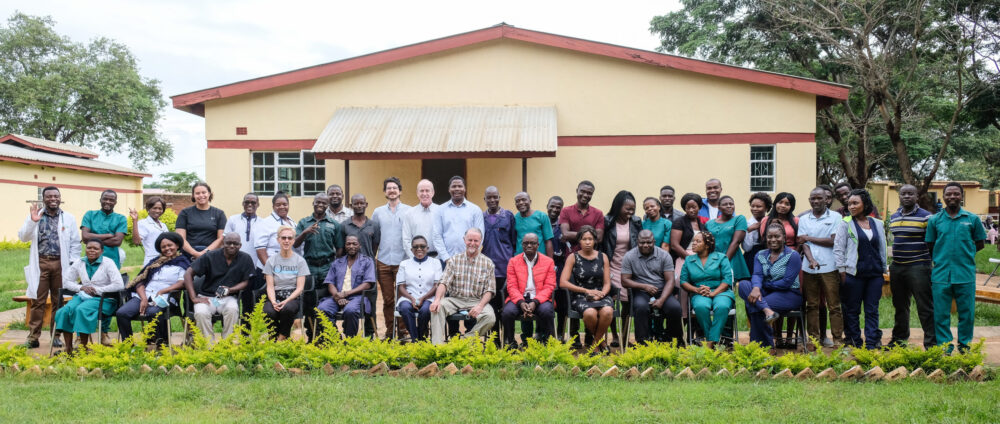As we have discussed in some of our past blogs, Malawi Vision 2063 has three key pillars that guide the focus of the Vision. These three pillars are meant to build on each other to create the inclusively wealthy and self-reliant nation that they envision. In this blog, we will look at the third pillar of MW2063: Urbanisation.
Cholera Outbreak in Malawi
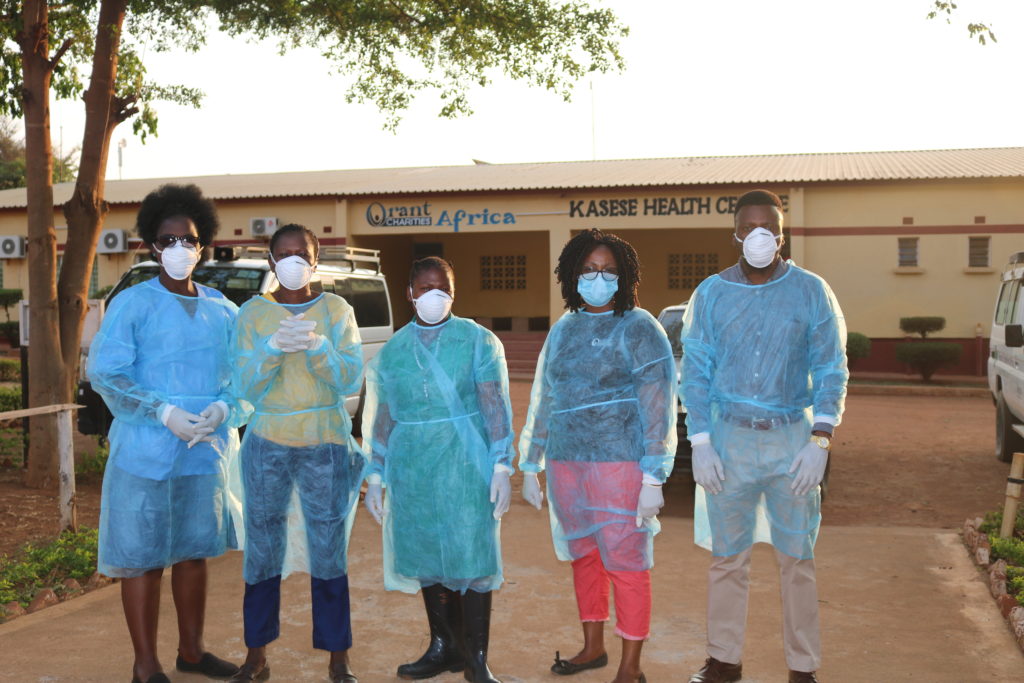
Cholera remains a global threat to public health. And an indicator of inequity. Since March this year, Malawi has been experiencing one of the worst cholera outbreaks in years. The disease has affected over 22 districts since March 2022. On Tuesday, October 21st, Kasese’s neighboring community, Nyagala, registered its first case of cholera. This puts Orant’s community at risk of contracting the disease.
What is cholera?
An acute diarrheal infection. The cause? Vibrio cholerae. A type of bacterium that can contaminate food or water. After a person ingests something contaminated, they show symptoms between 12 hours and 5 days. If untreated, cholera can kill within hours.
What are the signs and symptoms of cholera?
Watery diarrhea and vomiting. Next up: severe dehydration.
According to the World Health Organization, most people infected with V. cholerae don’t develop symptoms. Nonetheless, the bacteria are present in their feces for 1-10 days of infection. If the bacteria are shed back into the environment, they can infect others.
- Fecal contamination of drinking water
- Uncooked food made with contaminated water
- Cooking and eating utensils washed in contaminated water
- Food contaminated during or after cooking and that remains at room temperature for several hours
How does one prevent cholera?
- Drink and use safe water
- Wash your hands with soap and water
- Use toilets or safely managed sanitation facilities
- Cook food well, keep it covered, and eat it hot
- Peel fruits and vegetables
What is Orant doing?
Orant’s Kasese Health Center is prepared to treat any cholera cases in our community. Patients must wash their hands before entering and leaving the healthcare facility. We have also distributed chlorine for people to treat their drinking water.
“We are working hard to put all the necessary measures in place,” says clinical officer Wilson Bett. “We want to make sure the disease is contained and the community is safe. We are working with Health Surveillance Assistants, chiefs, and various committees to sensitize communities. And we continue to drill boreholes to provide clean water.”
Group Village Head Chhauma from T/A Mwase in Kasungu says, “Cholera is more deadly than HIV/AIDS. Our nearby villages have already been infected. As a chief, together with my fellow leaders, we are working hard to sensitize our communities so that our people are safe.”
The Orant Journal
Best Things to Do in Malawi
Whether you are planning an African trip or just curious about the things we love about Malawi, read today’s blog to see the best things to do in Malawi!
Holidays in Malawi
Holidays are here again and we are so excited! Most of our team is taking time off with their families and loved ones, so please enjoy this blog while we are away. Celebrate the holidays with us the Malawian way!
The Culture of Malawi: Malawian Religions
Introducing you to the culture of Malawi through a series of articles! The culture of Malawi is strong in spirituality and most people are active in religious groups. We’ll tell you about Malawi’s main religions and the people who practice them. Read on for more.
Industrialisation in Malawi: MW2063 Pillar #2
As we have discussed in some of our past blogs, Malawi Vision 2063 has three key pillars that guide the focus of the Vision. These three pillars are meant to build on each other to create the inclusively wealthy and self-reliant nation that they envision. In this blog, we will look at the second pillar of MW2063: Industrialization.
The Culture of Malawi: Malawian Food
Introducing you to the culture of Malawi through a new series of articles! First in the series is the food of Malawi, an important part of culture and tradition. We’ll tell you about some traditional foods and even share some recipes! Read on for more.
In this blog, we will look at the first pillar of MW2063: Agricultural Productivity and Commercialization.
What is Malawi Vision 2063
Malawi Vision 2063 aims to transform Malawi into a prosperous, self-reliant, inclusively wealthy and industrialized country by the year 2063.
Poor Economics Book Review: Overcoming the Poverty Trap
In the book Poor Economics, the authors explore the idea of the poverty trap and how it affects people across the world. In this blog, we review Poor Economics and its lessons on how to break the cycle of poverty.
Creating Stability in Malawi One Year at a Time – Orant 2022 Recap
2022 Highlights at Orant Charities Africa. See what we accomplished.


